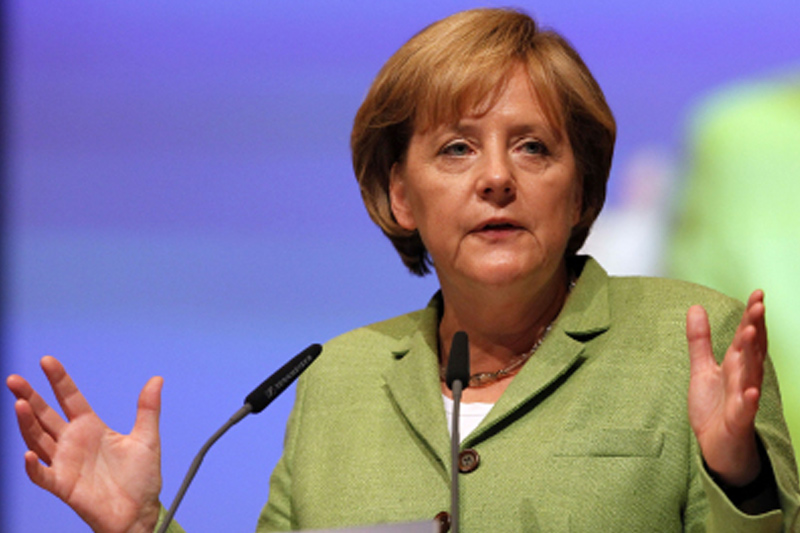Investing.com’s stocks of the week
Investing.com - Angela Merkel was elected to a third term as German chancellor by the lower house of parliament on Tuesday, paving the way for her grand coalition government to be sworn in later in the day.
Of the 621 parliament members who voted 462 backed Ms. Merkel for chancellor and 150 voted no. Nine members abstained from voting.
Ms. Merkel’s Conservative party secured 42% of the vote in German elections on September 22 but were forced into prolonged negotiations with the Social Democratic Party after failing to win enough votes for an overall majority.
The SDP voted on Sunday to back the coalition. The coalition agreement includes no tax increases and the SDP secured a major concession on a mandatory minimum wage. An hourly minimum wage of 8.50 euros will be introduced for the first time in 2015, but won’t come into effect fully until 2017.
The retirement age is to be lowered from 67 to 63 for those who have contributed to the system for over 45 years, a key demand of the SDP.
The package also includes agreements on pension increases, changes to dual citizenship rules and the further development of renewable energy.
The coalition talks were the longest for any German government since the end of World War 2.
The SDP will have six ministers in the new cabinet, with party chairman Sigmar Gabriel to become economy minister and deputy chancellor, while Frank-Walter Steinmeier will be foreign minister.
Wolfgang Schauble is to continue in his post as Germany's finance minister, indicating little change in Germany's tough stance on fiscal consolidation in response to the debt crisis in the euro zone.
The first official cabinet meeting is due to take place later Tuesday evening at the chancellery, after the new cabinet has been sworn in.
Of the 621 parliament members who voted 462 backed Ms. Merkel for chancellor and 150 voted no. Nine members abstained from voting.
Ms. Merkel’s Conservative party secured 42% of the vote in German elections on September 22 but were forced into prolonged negotiations with the Social Democratic Party after failing to win enough votes for an overall majority.
The SDP voted on Sunday to back the coalition. The coalition agreement includes no tax increases and the SDP secured a major concession on a mandatory minimum wage. An hourly minimum wage of 8.50 euros will be introduced for the first time in 2015, but won’t come into effect fully until 2017.
The retirement age is to be lowered from 67 to 63 for those who have contributed to the system for over 45 years, a key demand of the SDP.
The package also includes agreements on pension increases, changes to dual citizenship rules and the further development of renewable energy.
The coalition talks were the longest for any German government since the end of World War 2.
The SDP will have six ministers in the new cabinet, with party chairman Sigmar Gabriel to become economy minister and deputy chancellor, while Frank-Walter Steinmeier will be foreign minister.
Wolfgang Schauble is to continue in his post as Germany's finance minister, indicating little change in Germany's tough stance on fiscal consolidation in response to the debt crisis in the euro zone.
The first official cabinet meeting is due to take place later Tuesday evening at the chancellery, after the new cabinet has been sworn in.
